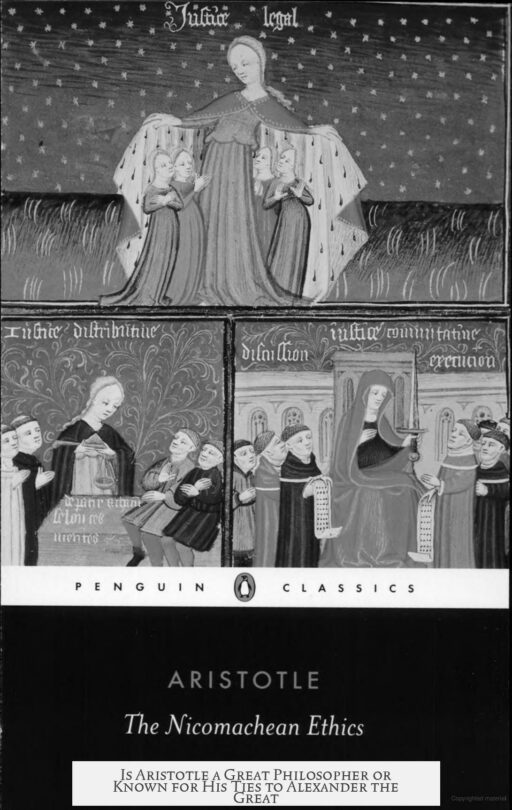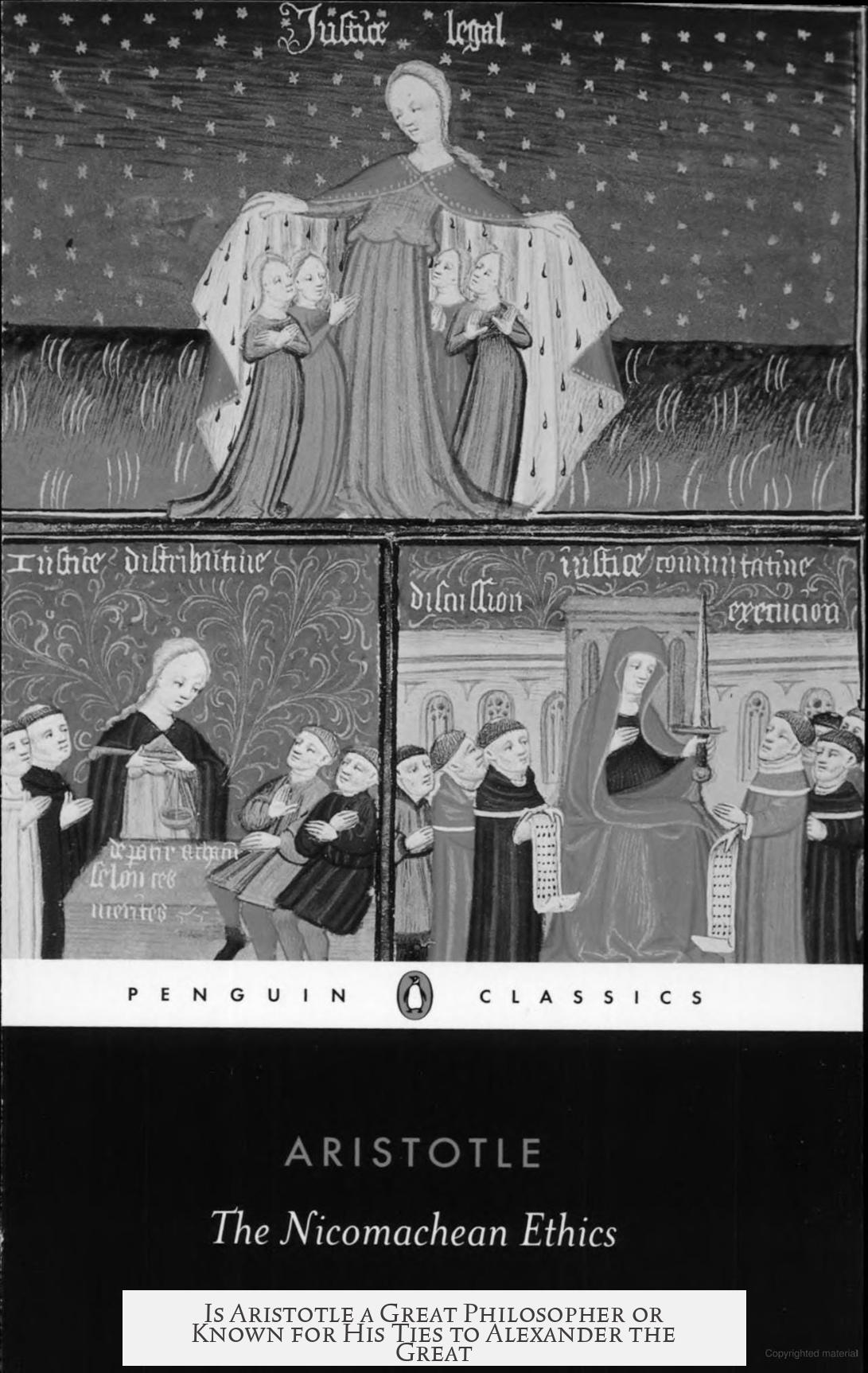Aristotle is widely regarded as a great philosopher because of his substantial and enduring contributions to philosophy, science, logic, and theology, not merely because he was Alexander the Great’s tutor. His intellectual legacy spans over two millennia, deeply shaping Western and Arabic thought independently of his connection to Alexander.
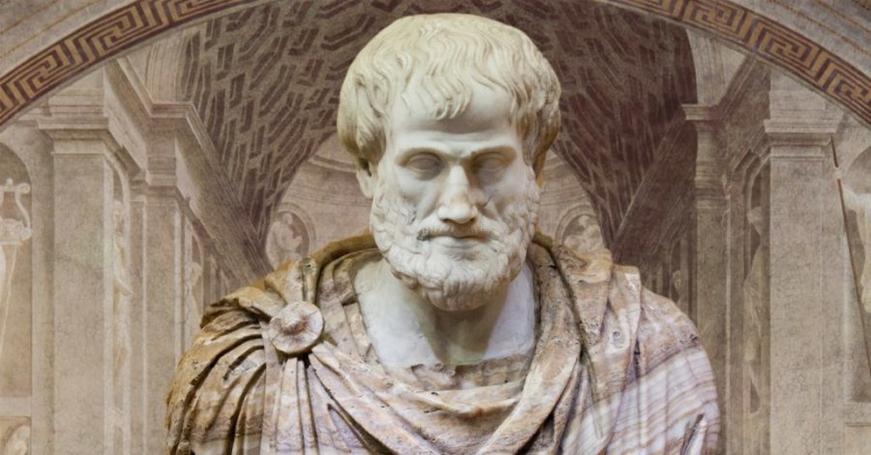
Aristotle’s influence extends from antiquity through the medieval period and beyond. After his works circulated widely by the 1st century BC, Aristotle became a central figure in the Roman Empire and Late Antiquity. Neoplatonists such as Plotinus and Porphyry engaged actively with his writings. Across Byzantine and Islamic Golden Age philosophy, Aristotle was often called “the First Teacher,” underscoring his foundational role, particularly in Arabic philosophy. His texts formed the backbone for centuries of thought, long predating and outlasting Alexander’s reign and personal influence.
In the High Middle Ages, Western Christian thinkers like Thomas Aquinas integrated Aristotle’s philosophy with Christian doctrine. This synthesis created a framework that governed Western science and theology through the Enlightenment. Aristotle’s approach to categorizing knowledge shaped the scientific disciplines, and his insistence on systematic observation laid the groundwork for empirical science. For example, Aristotle classified sciences and contributed methods that influenced zoology and natural studies for centuries.
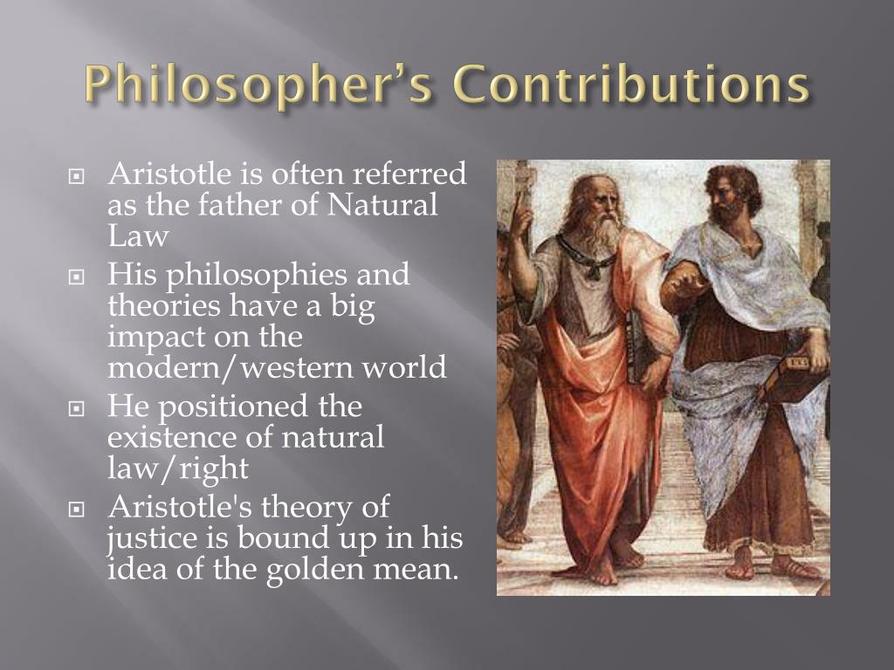
Aristotle pioneered empirical investigation. Contrary to his teacher Plato’s emphasis on abstract concepts, Aristotle believed knowledge arises from sensory experience. He conducted detailed observations, systematically recording, classifying, and analyzing natural phenomena. This empirical mindset was revolutionary and remains essential to scientific inquiry. His method marked a shift from pure speculation to a grounded, observation-based approach.
In philosophy, Aristotle made major advances in logic and ethics. He essentially founded formal logic as a philosophical discipline. More recently, Aristotelian virtue ethics has gained renewed significance, standing alongside Kantian ethics and utilitarianism as a major ethical framework. His work still informs contemporary philosophical debate and education.
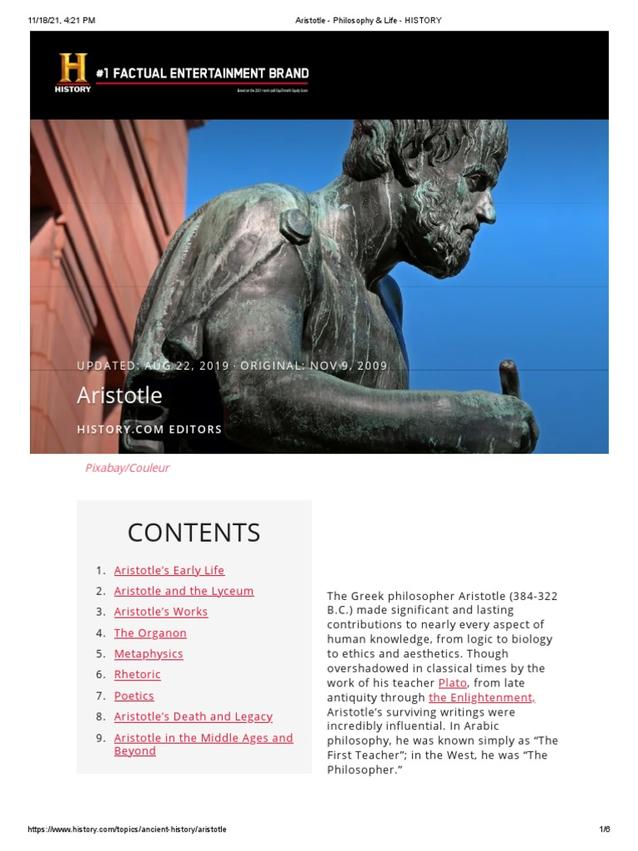
While Aristotle held some views now considered outdated or objectionable—such as attempts to justify slavery—these flaws do not detract from his intellectual impact. Bertrand Russell noted that nearly every major advance in Western thought began by challenging Aristotle’s doctrines. His works frame enduring philosophical conversations and dilemmas, providing a starting point for centuries of discourse. This continuing relevance forms a core part of his philosophical greatness.
Philosophically, “greatness” can be ambiguous. It does not imply universal agreement or flawlessness. Instead, it reflects foundational influence and the persistence of one’s ideas in shaping ongoing debate. Aristotle, Plato, and Socrates together provide the main pillars of Western philosophical tradition, continuously referenced and reassessed even today. Aristotle’s vast corpus—catalogued by ancient sources like Diogenes Laertius—includes over one hundred works on ethics, politics, natural philosophy, logic, poetry, and more, showing his wide-ranging intellectual scope.
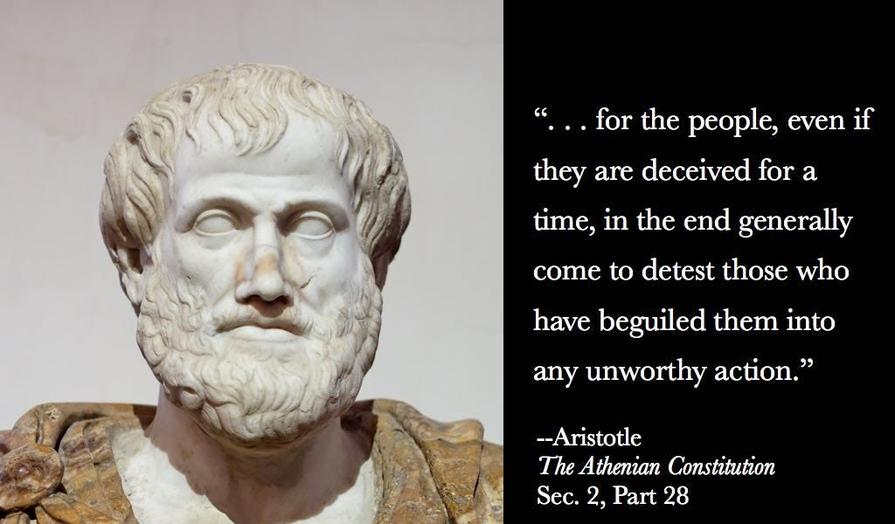
Regarding Aristotle’s fame in relation to Alexander the Great, historical accounts suggest their relationship added some mythic appeal, but did not define Aristotle’s stature. The tutor-pupil connection is often romanticized in Western thought, yet scholars agree that Aristotle’s reputation rests on his own achievements. His influence permeates various fields independently, and few would argue his greatness depends on the company he kept.
| Aspect | Explanation |
|---|---|
| Philosophical Foundations | Aristotle laid foundations in logic, ethics, metaphysics, and natural sciences. |
| Empiricism | Early advocate of observation and classification in studying nature. |
| Theological Influence | Synthesized with Christian, Islamic, and Jewish thought, shaping theology. |
| Legacy Longevity | Influenced thought from antiquity to Renaissance and modern philosophy. |
| Relation to Alexander | Tutor role added fame but not main basis of philosophical greatness. |
In contrast, philosophers like Plato contributed innovations such as dialogues and analytical methods, and Socrates focused on ethical inquiry. Together, these figures form “the Big Three” of classical philosophy, each with distinct but complementary legacies.
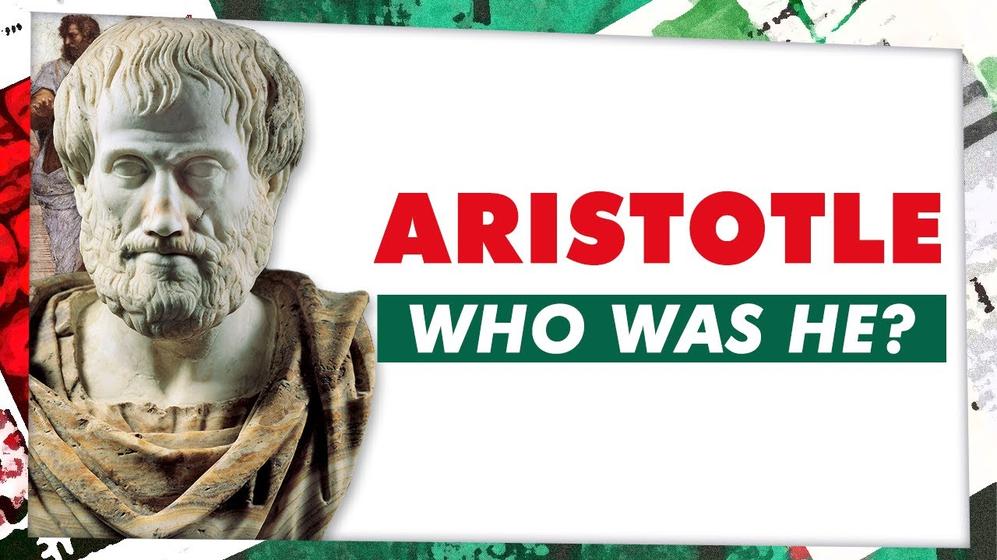
Key takeaways:
- Aristotle’s greatness is rooted in his broad and foundational intellectual contributions across many disciplines.
- His influence shaped Western and Arabic philosophy, science, and theology for over 2,000 years.
- His empirical method was a vital departure from purely abstract philosophy.
- His connection to Alexander the Great adds historical interest but is not the source of his philosophical fame.
- Philosophical greatness is about enduring influence and foundational ideas, not flawless wisdom or universal agreement.
Was Aristotle Really Such a Great Philosopher, or Is He Mostly Famous Because of Alexander the Great?
Aristotle’s reputation as a great philosopher stands firmly on his own intellectual efforts and lasting influence, not merely because he tutored Alexander the Great. While the connection to one of history’s most famous conquerors adds sparkle to his biography, it doesn’t explain the depth and breadth of his philosophical legacy. Aristotle’s work revolutionized how humanity thinks about logic, science, ethics, and many other fields for over two millennia.
So, how did Aristotle earn his “greatness”? Let’s unpack this with the facts, sprinkle in some perspective, and tease out what makes him stand apart—not just as “Alexander’s tutor,” but as a giant in the history of philosophy.
The Backbone of Western Philosophy and Arabic Thought
First, Aristotle’s influence isn’t a flash in the pan. Starting in the 1st century BC, his works become the backbone of Western philosophy. The Romans and Late Antiquity thinkers like Plotinus engage heavily with him. Even the Byzantine empire and Arabic philosophers crowned him “the First Teacher.” The massive commentary traditions that grew around his works in these diverse cultures speaks volumes about his intellectual weight.
Imagine reading a thinker who shapes not just one, but several major philosophical traditions—Greek, Roman, Islamic, and Christian—over many centuries. That’s no coincidence or mere fame by association.
Aristotle’s Role in Shaping Western Science and Theology
When medieval thinkers like Thomas Aquinas rediscover Aristotle, something big happens. Aristotle’s philosophy intertwines with Christian, Islamic, and Jewish theology, producing a framework that supports Western science and scholarship all the way up to the Enlightenment. In essence, Aristotle codified the way we classify sciences, laying foundations for biological classification, logic, and ethics.
It’s worth noting: hardly any scientific discipline escaped his curious gaze. From physics to zoology, Aristotle’s empirical approach set the stage for how the West studies nature to this day.
Not Just a Philosopher, But an Early Scientist and Empiricist
Aristotle gets credit as one of the first empiricists. Unlike his teacher Plato, who argued truths come from abstract thought, Aristotle insisted knowledge starts from sensory experience. He painstakingly observed wildlife, gathered data, classified species, and recorded phenomena. His studies in zoology laid groundwork that modern biology still acknowledges.
That’s science meeting philosophy, 4th century BC style. This kind of empirical rigor separates Aristotle from many of his predecessors and even many modern thinkers.
Contributions to Logic and Ethics: Still Relevant Today
Are you familiar with Aristotelian logic? If you’ve taken basic philosophy or formal logic, you probably encountered his syllogisms—the building blocks of deductive reasoning. Today, even a casual introduction to logic owes a lot to Aristotle’s formalisms.
His virtue ethics, emphasizing character and practical wisdom rather than fixed rules, spark renewed interest. In fact, over the last fifty years, Aristotelian ethics regained popularity against dominant frameworks like Kantianism and utilitarianism. Not bad for a philosopher who lived 2,400 years ago!
The Enduring Legacy: Why ‘Greatness’ Isn’t Simple
Let’s address the elephant in the scholarly room: greatness in philosophy is a slippery concept. What does “great” mean in this context? Is it genius, influence, longevity, or something else?
Philosophy isn’t a competition with medals, so greatness relies heavily on tradition and ongoing dialogue. Aristotle’s texts have been debated, critiqued, and attacked—Bertrand Russell famously quipped that all serious intellectual advances started with attacking Aristotelian doctrines. But even his “mistakes” fuel progress.
You don’t become the starting point for 2,000 years of intellectual discourse by mere luck or fame. Aristotle’s greatness is cemented by the foundational conversations he initiated.
Flecks of Controversy in Aristotle’s Thought
Yes, Aristotle’s ideas include some ethically troubling views—his attempt to justify slavery, for example, is rightly rejected today. His logical system sometimes shows gaps by modern standards. But none of this diminishes his central role in shaping the groundwork of Western thought. If anything, the critiques prove his work demanded serious engagement.
The Myth and Reality of the Alexander Connection
Sure, teaching Alexander the Great adds a mythic sheen to Aristotle’s story. It’s a great headline, but the academic consensus is clear: Aristotle’s philosophical status wasn’t built on being in the right place at once.
This tutor-student relationship makes for a compelling narrative, but Aristotle’s writings and their profound influence stand apart from Alexander’s military glory. After all, one student beating armies pales compared to a teacher whose ideas beat through centuries.
Prolific Output: Over One Hundred Works
According to the ancient biographer Diogenes Laertius, Aristotle composed a staggering volume of work—on justice, poetry, philosophy, politics, rhetoric, the soul, pleasure, natural philosophy, logic, ethics, and more. His writings number over one hundred treatises.
This breadth is breathtaking. Few philosophers have tackled so much ground. Laertius considered Aristotle eminent in virtually every branch of philosophy, not just a niche thinker. His pen was prolific, and his mind wide-ranging.
Comparison with Plato and Socrates
People often lump Aristotle with Plato and Socrates as the “Big Three.” Socrates pioneered ethical inquiry centered on human life. Plato introduced the dialogue form and analyzed dialectics and language scientifically. Aristotle applied rigorous classification, empirical study, and formal logic, turning philosophy toward a systematic science.
All three have shaped debates that echo in classrooms today. For better or worse, modern philosophy is grounded on their early conversations—and rebuttals!
Does Aristotle’s Greatness Depend on Historical Survival?
Certainly, the survival and continued study of Aristotle’s texts played a role in his fame. Philosophical greatness is partly a product of history—texts preserved, taught, and engaged with repeatedly. This continuity is key to understanding his exalted reputation.
But the content’s enduring value drives that survival. A forgotten thinker, no matter the pedigree, doesn’t inspire lasting debate or influence. Aristotle’s ideas continue to resonate, inspire, and challenge. That’s how you measure true intellectual greatness.
Practical Takeaways: Why Knowing Aristotle Matters Today
- Empirical Thinking: Aristotle’s invitation to gather data, observe carefully, and classify thoughtfully is a core scientific mindset that remains vital.
- Critical Engagement: Understanding his arguments—and their problems—trains one’s ability to think clearly, challenge assumptions, and build better reasoning skills.
- Ethical Reflection: His virtue ethics encourages us to think about character, habits, and practical wisdom beyond simplistic rule-following.
So, is Aristotle *just* a famous philosopher because of Alexander the Great? No. He remains a giant because his ideas *built* much of Western intellectual heritage, shaped centuries of scientific thought, and continue to engage scholars and thinkers worldwide.
Next time someone streets-tests your philosophy knowledge at a party, you can confidently explain: Aristotle’s greatness is about the *depth* of his thought, not just the *company* he kept.
